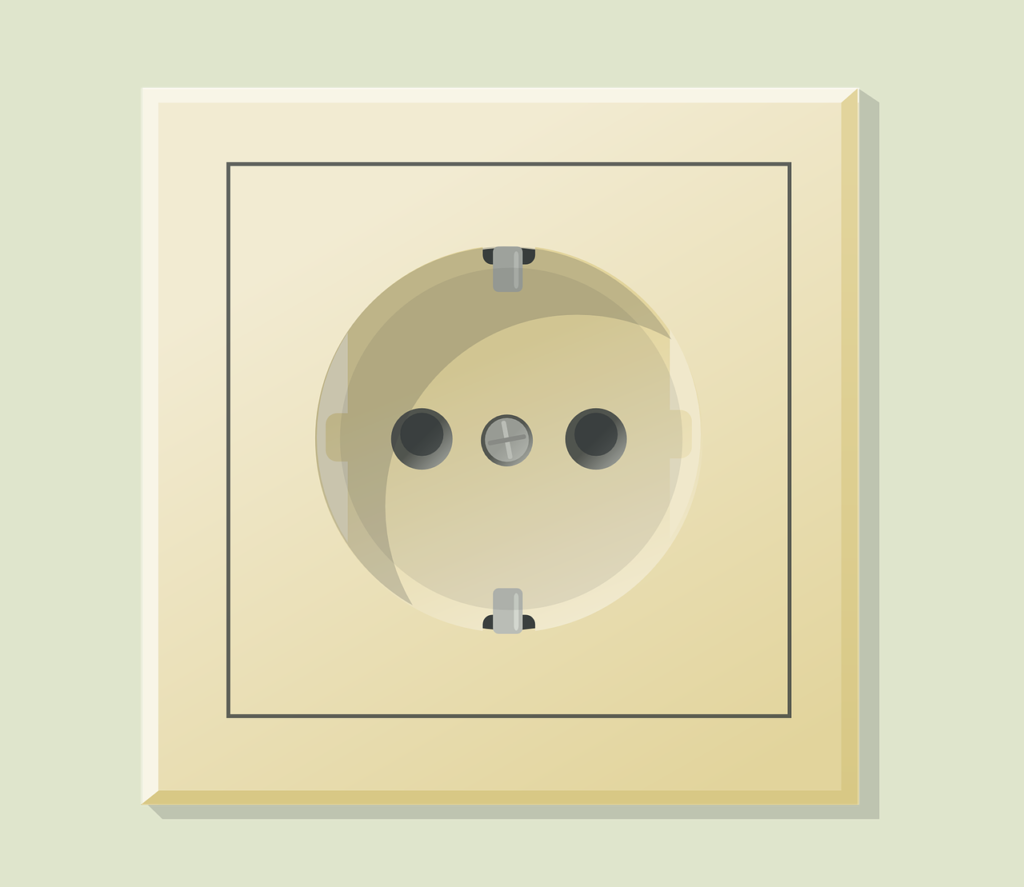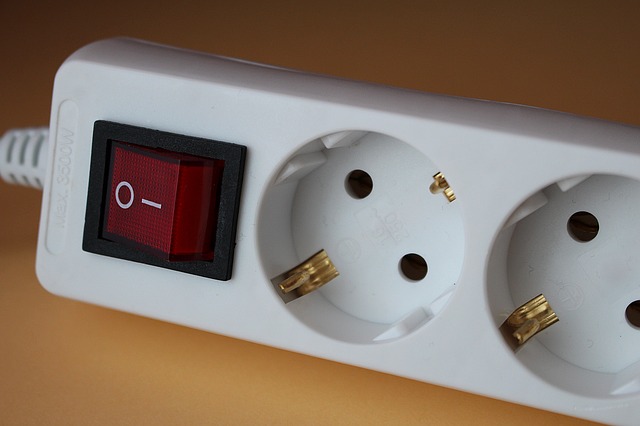1. usual, common, ordinary, regular, plain ![]()
[adjective/adverb]
[ge-woon]
The Dutch think they’re pretty common people. We even feel that it’s a virtue to be “common”…see the – very common – first expression under Expressions.
Examples:
– “Ik ben slechts een gewone jongen.”
(“I’m just a common guy.”)
– “In Nederland is het heel gewoon dat mensen elkaar tutoyeren.”
(“In the Netherlands, it’s very normal that people are on a first-name basis with each other.”)
– “Dit is geen gewone man, nee dit is Superman!”
(“This is not an ordinary man, no this is Superman!”)
– “Ik wil graag een gewone koffie.”
(“I would like a regular coffee.”)
– “Hebben ze in Jordanië gewone stopcontacten?”
(“Do they have normal power plugs in Jordan?”)
Expressions:
– “Doe nou maar gewoon, dan doe je gek genoeg”: There’s no need to act all crazy like that. Lit.: Just act normal, that’s crazy enough”.
– “Zoals gewoonlijk”: As usual.
Related words:
– Gewoonlijk: usually [adjective].
2. just, simply ![]()
[adjective/adverb]
[ge-woon]
Examples:
– “Dit is gewoon liefde op het eerste gezicht.”
(“This is just love at first sight.”)
– “Het is gewoon de bedoeling dat deze ellende ophoudt!”
(“This misery is simply supposed to stop!”)
– “Het was niet gewoon een vluggertje…Frank is echt verliefd...”
(“It wasn’t simply a quickie…Frank is really in love…”)
– “Gewoon doen.”
(“Just do it.”)
3. used to, accustomed to ![]()
[adjective/adverb]
[ge-woon]
Using “gewoon” in this context is somewhat formal. A less formal synonym you may see more often is “gewend”.
Examples:
– “Ik ben dit niet gewoon.”
(“I’m not accustomed to this.”)
– “De burgemeester is niet gewoon zich te begeven onder het gewone volk.”
(“The mayor is not used to make his way among the common people.”)
Related words:
– Gewend aan: used to [adjective].
Example:
– “Frank is niet gewend aan deze hoge temperaturen.”
(“Frank is not used to these high temperatures.”)

 The most common use of “roos” is “rose”. As you probably know, roses are not Holland’s most famous flowers; tulips are. If you’ve ever visited the
The most common use of “roos” is “rose”. As you probably know, roses are not Holland’s most famous flowers; tulips are. If you’ve ever visited the  Examples:
Examples: “Stopcontacten” are everywhere in the Netherlands 🙂 Sometimes you may hear the somewhat more formal term “wandcontactdoos” or “contactdoos”.
“Stopcontacten” are everywhere in the Netherlands 🙂 Sometimes you may hear the somewhat more formal term “wandcontactdoos” or “contactdoos”. – Stekkerdoos: multiple socket
– Stekkerdoos: multiple socket
